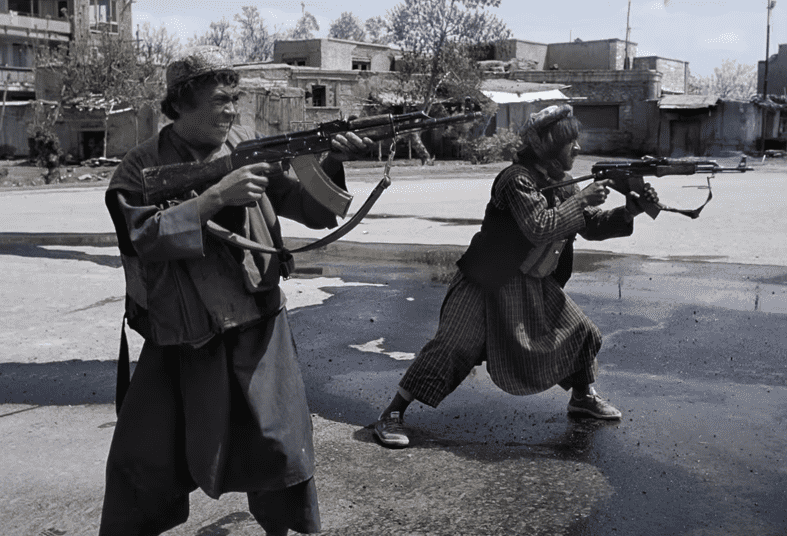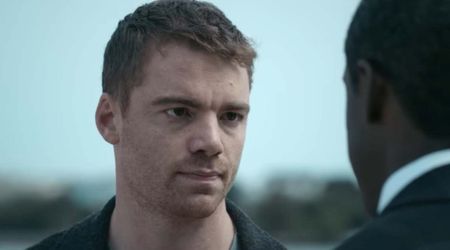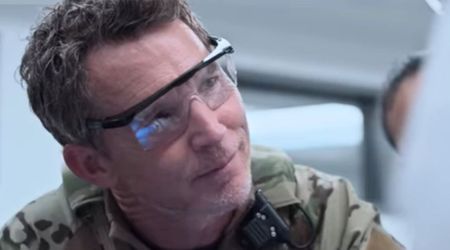'The Longest War' Review: A clear narration of the wrecking ball that pounded Afghanistan for a decade

Comprehensive, crystal-clear and meticulously explained, 'The Longest War' is 80 odd minutes of what can be rightly termed as the janissary disapproval where after watching some ground-breaking footage evokes emotions that are hard to hold back.
Greg Barker's Afghan documentary takes a detailed look at the longest-running war in US history. It has it's moments that bring with it a tinge of sadness, a sense of fury and the question that is asked by one of the characters in the documentary, Lisa Maddox, a CIA targeter, "I just don't see how this ends."
The opening minutes of the documentary rewinds back to statements made by Trump's predecessors while decoding the extent of US involvement in the war and the Taliban's new world order-like rule they came with.
Roya Rahmani, who has served as Afghanistan's first female ambassador to the United States, recollects the time when it was compulsory to wear a burkha, something she hadn't done before in life, where education had no room for women and life perhaps was the only thing they had.
Everything else came at a cost, or in this case at risk or loss. The documentary has CIA personnel and eminent journalists who played their parts during that turbulent period. Add to the list some Afghans as well, as they add strokes to the picture.
The chronicling is pacy and immersive as it fleshes out the past. The '79 Soviet invasion of Afghanistan, the refugees wading rushing to Pakistan, the US coming in, are all explained crisply so as to give the audience a solid background of what triggered this historical, insanely long period of political unrest that came with an abundance of casualties.

Looking back, it was known that the US was instrumental in arming the rebels fighting the USSR and it took them a decade to get them to leave, just so that they could watch a ruthless Taliban rise meteorically to power with aims of "purifying" the country.
Along came Osama Bin Laden who haunted America with 9/11, an event that triggered the country to go on an all-out bloody blitzkrieg, then move over to Iraq in 2003.
There is also a reveal where Laden was in the CIA's radar and there was a shot at taking him out, however, Clinton had signed an order which stated that "lethal activity" could be used, but not a kill. The directive changed after 9/11 as the CIA was actually given the green light to kill.
It wasn't until 2011 that Bin Laden was finally killed in Pakistan. The journalists in the documentary give a more vivid picture when they outline Afghanistan's state.
Deplorable is an understatement as pictures come on screen — dead children, survivors with no hope in their faces and women who are meted out with harsh punishments.
One of the journalists explains the psyche of the people of Afghanistan in a VO while we see protestors burning the US flag. Footage shows one protestor hoarsely screaming that people were killed by US troops.
"They shot two of us, these were Americans" the man screamed. The scribe explained that this was the first time she noticed there was a sense of resentment by the Afghan people, which tied back directly to the US. Adding to this was corruption.
"Afghans have this streak of defiance against the world because of its history," she adds. "There's always in the back of the minds of the Afghans that suspicion of ulterior motives lives".
The final minutes give out a message that Afghanistan's restructuring lies in the hands of youth, who can start afresh by wiping the slate clean. But can they?
'The Longest War' is more than a recount. It's a look at the country being slammed by a wrecking ball made of various factors and how it manages to become an almost never-ending battle.
'The Longest War' premieres on Sunday, April 19, at 10 pm ET on Showtime.










